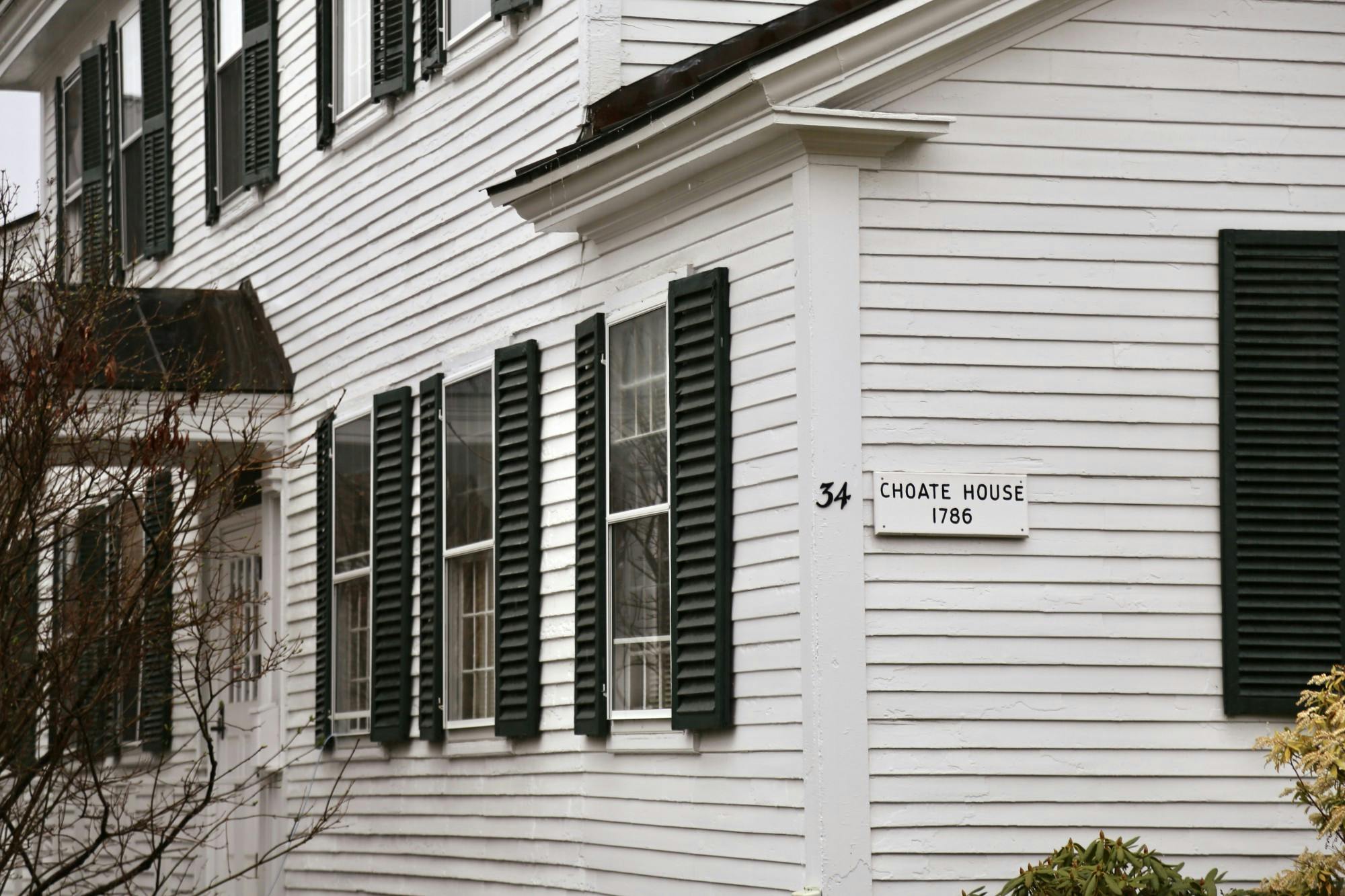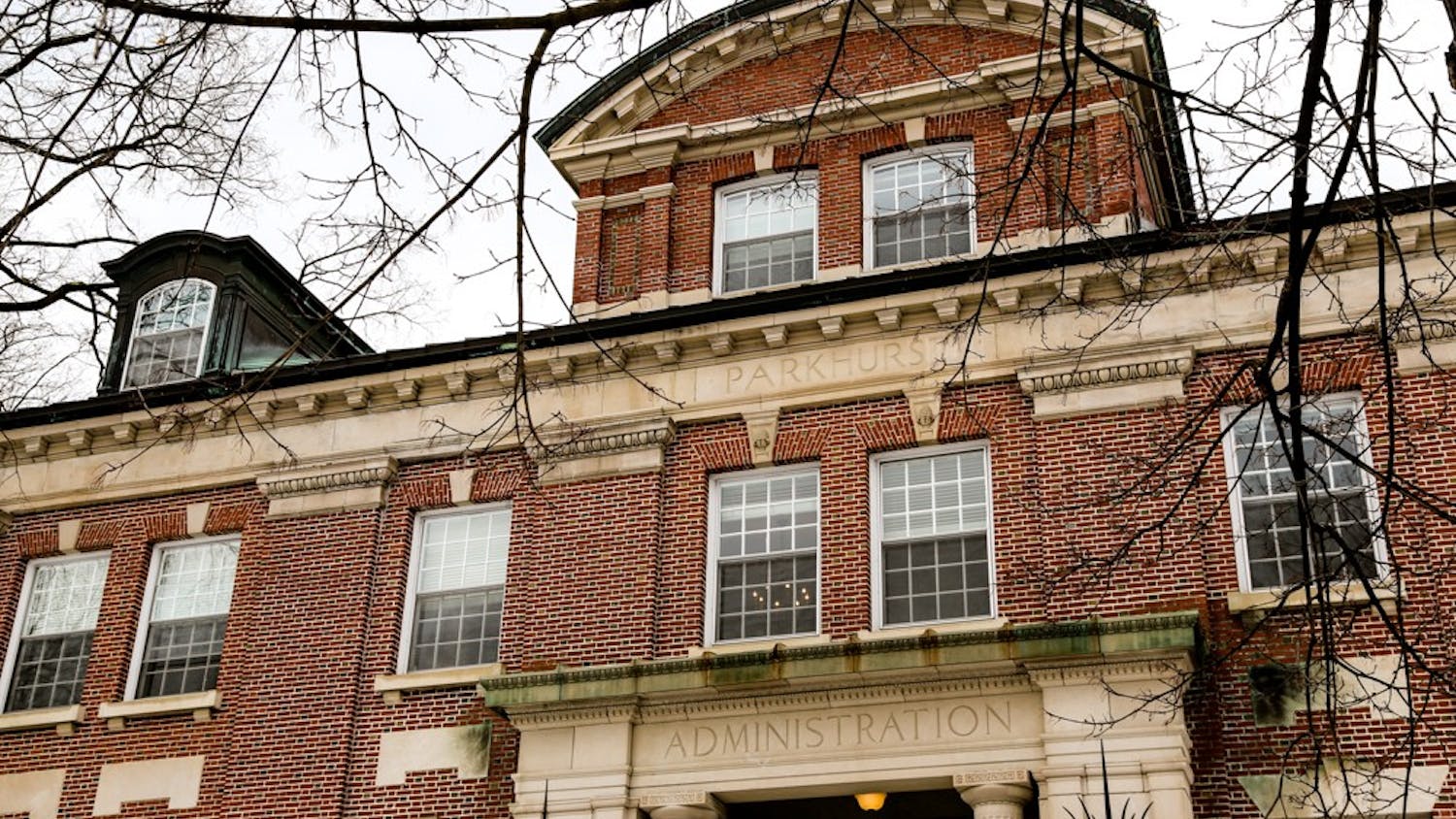As of March 24, the Class of 1982 hit a milestone in a fundraising effort to establish an academic endowment fund for the College’s 52-year-old African and African American studies program, reaching $400,000 raised by over 420 Dartmouth faculty, staff and alumni. The fund, part of a racial justice initiative started by the class seeking to raise $500,000 by the end of 2021, will be used to support AAAS academic programming.
Despite AAAS’s long history at the College, the program does not currently have an endowment supporting it, which program chair and AAAS professor Ayo Coly said has resulted in low retention rates among AAAS faculty.
“When faculty feel that their field of study is undervalued by the institution, and also when they feel that there is not an inclusive climate at Dartmouth that allows them to grow as scholars of social justice, as scholars of race, a revolving door is created whereby faculty in African and African American studies are constantly leaving Dartmouth to go to other institutions that better suit their work,” Coly said.
In the wake of nationwide protests this past summer following the police killing of George Floyd, the Class of 1982 decided to focus their next class project on racial justice, according to co-chair of the initiative’s task force Barry Caldwell ’82. Caldwell added that seeing a lack of progress since his class was on campus 40 years ago — when the campus community was embroiled in tensions over racism during a time that became colloquially known as the “Winter of Discontent” — contributed to the decision to launch the initiative.
Co-chair of the initiative’s task force Jennifer Chandler Hauge ’82 said she hopes the initiative’s racial justice projects will inspire campus discussions that “ripple into the community and the greater world as students graduate.”
After consulting with faculty and current students, Hauge said her class ultimately concluded that the best way to carry out the ’82s’ initiative was to work in conjunction with both the AAAS program and the Center for Social Impact.
“We heard some of the same stories about how hard it is to be a person of color living in Hanover, [and] that the community can be tough, and that there aren’t a lot of Black faculty role models — despite Black students looking for support,” she said.
Starting this summer, the Class of ’82 will also fund 10 student internships focused on racial justice, and will continue to do so for the next five years as a part of the Dartmouth Partners in Community Service program in Philadelphia, according to Center for Social Impact director Tracy Dustin-Eichler. This summer, the Center is supporting two internships in North Philadelphia, one at a legal services organization and the other at a sports-based youth development program.
In addition to these internships, Dustin-Eichler said the Class of ’82 supported “racial awareness” and “social justice training” for all the Center’s programs as well as provided grant money for applied research in racial justice.
Hauge said their fundraising effort is “unique” in being one of only a few class projects working to create an endowment and garner support and participation from a range of classes.
“[The fund’s purpose] provided such a compelling reason to give to their alma mater that alumni from multiple classes and with varying histories of past contributions chose to participate,” she said.
Coly said AAAS plans to use the fund to support curricular and co-curricular activities that address questions of social and racial justice, which may include supporting research and organizing conferences, seminars, workshops and lecture series. Coly noted that her and her colleagues’ goal is to utilize the funds to support the College’s commitment to creating an “anti-racist” Dartmouth that extends beyond the AAAS program.
History professor and special advisor to College President Phil Hanlon on faculty equity, diversity and inclusivity Matthew Delmont called the effort by the Class of ’82 an “immense vote of confidence.” He added that he hopes the fund will be “a valuable building block to putting AAAS on a trajectory to be a larger, more dynamic part of campus.”
“The meeting when the academic enrichment fund was announced was probably one of the warmest meetings and conversations that I have been a part of not just at Dartmouth, but my entire academic career,” Delmont said. “So often, when you’re a faculty member, it’s hard to feel like people acknowledge the kind of day-to-day work that goes on in a program like AAAS.”



